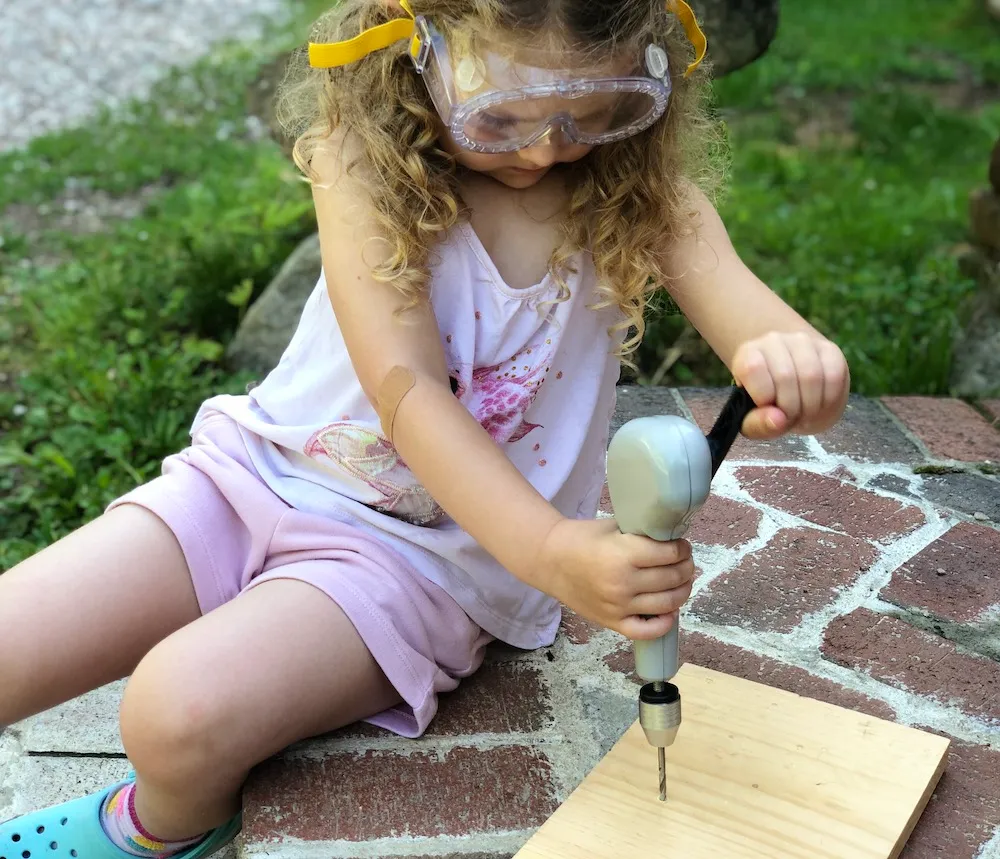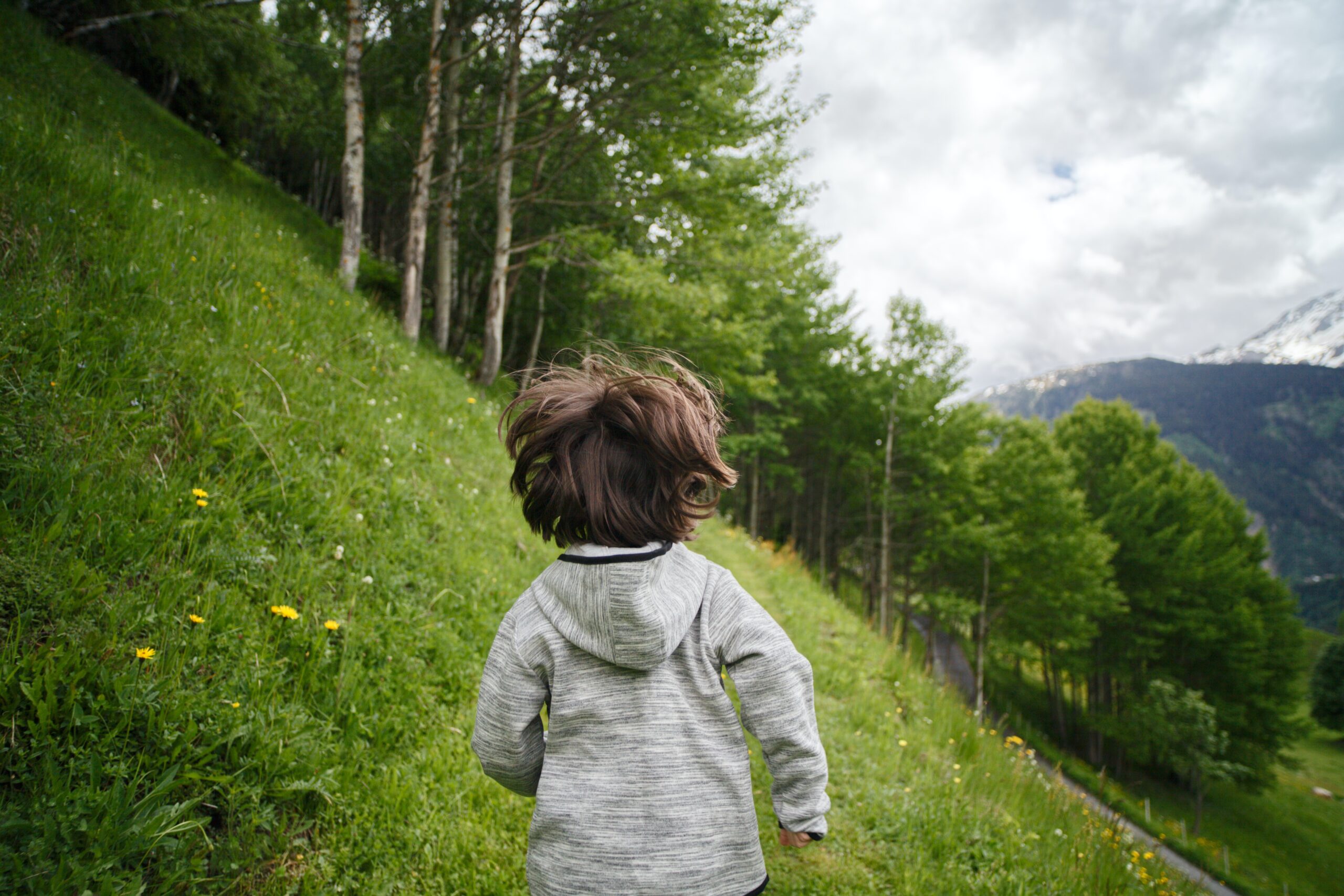by Becky Blacklock
In my recent blog post I encouraged readers to join me, through a survey, in deciding the avenues of early childhood health and development we should explore more deeply. Thank you to those who participated and shared their voice. The world of early childhood is ever evolving and as educators, practitioners, advocates and invested community agents, we hold the responsibility to continue to educate ourselves to ensure that we are knowledgeable, competent and confident allies to the children and families we partner with. It is a commitment, certainly; learning deeply takes hard work. But the positive impact you will be empowered to bring to young children and families is the greatest reward.
Interestingly, two main threads of interest became apparent from the survey. Readers wanted to further explore supporting the development of a strong sense of self and resilience for children and adults and to learn more about creating authentic relationships and thriving communities. These results set me on a path of discovery where I attended training on these topics to further my own knowledge and to share with you where you could resource training to continue your own investigations and learning.
My search first led me to the course library at Continued.com. I knew this was a place where I could find support for training on a variety of early childhood topics available in an accessible format. I would like to highlight three courses.
Helping Young Children Develop a Positive Sense of Self
Presented by Amber Tankersley, PhD, Professor in Child Development within the Department of Family and Consumer Sciences at Pittsburg State University in Pittsburg, Kansas.
Do you find yourself offering solutions to children you work with? Is it hard for you to watch children fail? Do you ever wonder about the language you use and the content you focus on when praising a child? Are you unsure if the expectations for the children you work with are appropriate for them as individuals?
All of the aforementioned questions posed offer insight into our current practices and how current practices relate to the opportunities, experiences and environments children truly need to develop a positive sense of self. Dr. Tankersley provides guides to understanding how the process of development of sense of self occurs and what we as supportive adults can do in our own practices to create experiences for young children with positive focus.
In this training Dr. Tankersley notes the power of the poem, “Children Learn What They Live,” written in 1972, by Dorothy Law Nolte. I included this important work here for your consideration.
If children live with criticism, they learn to condemn.
If children live with hostility, they learn to fight.
If children live with ridicule, they learn to be shy.
If children live with shame, they learn to feel guilty.
If children live with encouragement, they learn confidence.
If children live with tolerance, they learn to be patient.
If children live with praise, they learn to appreciate.
If children live with acceptance, they learn to love.
If children live with approval, they learn to like themselves.
If children live with honesty, they learn truthfulness.
If children live with security, they learn to have faith in themselves and others.
If children live with friendliness, they learn the world is a nice place in which to live.
©1972 Dorothy Law Nolte, All Rights Reserved This is the author-approved short version.
Ready and Resilient: Promoting the Resilience of Children and Adults
Presented by Nefertiti B. Poyner, EdD, National Trainer and Early Childhood Specialist for the Devereux Center for Resilient Children.
Dr. Poyner asks us to imagine each child is born with a suitcase. An empty suitcase that needs to be packed with three items to build resiliency: Initiative, Attachment/Relationships and Self-Regulation. You might wonder, “how is initiative something that can be packed?” What factors create risk from those items making it into the suitcase? Which factors ensure they will be packed? As adults, what additional item does our suitcase need to keep our resiliency strong? Join Dr. Poyner in this course to learn how to support children and yourself in being ready and resilient.
Families As Partners – Making Family Engagement Truly Meaningful & Authentic
Presented by Luis Hernandez, MA, Training and and Technical Assistance Services Early Childhood Education Specialist at Western Kentucky University.
In his presentation on building authentic relationships Luis Hernandez does not shy away from the hard content. He asks participants to contemplate: How do the business realities for parents and program staff balance with the personal values, beliefs and philosophies held by all parties? How does your environment reflect the respect you hold for the work you do in partnership with children and families? What does applying positive customer service principles look like in early childhood education? How can you educate yourself on your own biases, learn practices of perspective taking and sensitivity and allow all parties to feel safe and secure being their real selves? And possibly most importantly…are you willing to change and challenge yourself to create authentic relationships with the children and families in your program? All of these questions tie together over the critical shared goal; the healthy development and success of the children and families in your community.
My further search to find foundational practices for building equitable communities; where all are welcome, supported and thriving led me to a webinar sponsored by Leading for Children and hosted by Early Childhood Investigations Webinars.
Achieving Equity and Quality: 11 Simple Rules to Build Thriving Communities
Presented by Judy Jablon, Executive Director at Leading for Children, Lauren Carlisle, Communications and Outreach Coordinator at Wyoming Early Childhood Outreach Network, and Nichole Parks, Director of Programs at Leading for Children.
The triad of presenters of this webinar bring to the listener a strong message: Equity for every child must begin with equity for all the adults in their lives. They share an accessible framework for early learning quality, and the 11 simple rules in how to create a Coherent Path to Equality. These rules are based in Relationships and Interactions, Emotional and Physical Environments, and Learning Experiences, with the goal of improving outcomes for children. Examples of how the state of Wyoming is putting this practice to work are also shared. Imagine if you were a part of an early childhood community that had safe, calm, respectful, representative and organized environments for children and adults. Imagine that environment encouraging interactions that are open, honest, trusting and reciprocal. If this sounds like something you wish to embody in your work, this webinar at Early Childhood Investigations Webinars will help you begin your journey of creation.
I hope that in sharing these training sessions you will find inspiration to continue your own inquiry into the topics of healthy communities and strong intrapersonal development for children and adults. Thank you again to readers who participated in the previous survey and helped me to define our continued path of exploration.
Additional Resources, Supports and Opportunities
Community Events:
Join the Winooski Memorial Library for a fun playgroup for parents, caregivers, and young children ages 0-5.
Every second Sunday of the month, the ECHO Leahy Center for Lake Champlain opens its doors early for visitors of all ages who have sensory processing differences.
Movers and shakers of all ages learn line dances and singing games set to joyful live music.
Informational Resources:
For more information on the incredible work happening at Learning for Children.
Thought provoking article from Edsurge about the relationship between inequality in education and birth equity.
“Edsurge”
Watch this short video for inspiration for making positive change within the mental health of our communities and then access the link to learn more about EDC’s mission.
“How We Thrive: Strengthening Systems and Building Resilience”
“Education Development Center”
Children’s Literature on Community:
“A Kids Book About Community read along”
“Maybe Something Beautiful read along”
Becky Blacklock is a VTAEYC Exchange Fellow with a focus on Our Planet x Young Children. Click here to learn more about Becky and the Fellowship program, and click here to learn more about the VTAEYC Exchange.
The Exchange is recruiting our next cohort of Fellows. Learn more, share this opportunity, and apply today!


